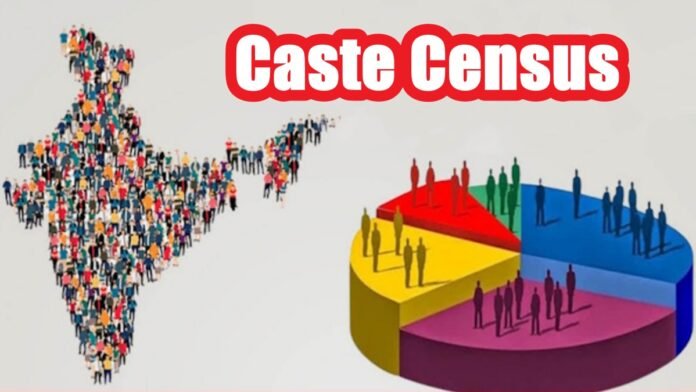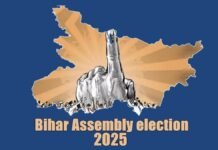
Key Points
- Historic Move: The Modi government has approved the inclusion of caste enumeration in the upcoming national census, a first since 1931.
- Political Context: The decision comes amid intense opposition pressure and ahead of key state elections, especially in Bihar.
- Transparency Emphasized: The government promises a transparent, pan-India exercise to avoid political misuse seen in state-level surveys.
- Cost Estimate: With population growth and inflation, the projected cost of the new census is around ₹3,354 crore, up from ₹2,200 crore in 2011.
- No Timeline Yet: The government has not announced when the census will begin or conclude, though officials suggest it may start in late 2026 or early 2027.
New Delhi: In a landmark policy shift, the Union Cabinet led by Prime Minister Narendra Modi has approved the inclusion of caste enumeration in India’s next national census. The announcement comes after months of political debate and pressure from opposition parties, who have made the demand for a caste census a central issue in recent elections.
What Was Announced?
Union Minister Ashwini Vaishnaw confirmed after the Cabinet Committee on Political Affairs (CCPA) meeting on April 30, 2025, that the next census will feature a dedicated column for caste. This will allow for the first comprehensive pan-India caste data collection since the British-era census of 1931. The move is being hailed by the government as a step toward “truly equitable and focused” policymaking, with the aim of better targeting welfare schemes and reservations.
Why Is This Significant?
- Historical Context: Since Independence, India’s censuses have only officially counted Scheduled Castes and Scheduled Tribes, not all castes. The last full caste enumeration was in 1931.
- Political Impact: The decision is seen as a response to opposition parties, especially Congress and leaders like Rahul Gandhi, who have campaigned for a caste census under the slogan “jitni aabadi, utna haq” (rights proportional to population).
- Policy Implications: Accurate caste data is expected to inform decisions on resource distribution, reservation quotas, and social welfare, addressing longstanding demands for data-driven social justice.
How Much Will the Caste Census Cost?
The 2011 census cost the government ₹2,200 crore, covering a population of about 1.21 billion. With India’s population now estimated at 1.4 billion and accounting for inflation, the per capita cost is projected to rise from ₹18 to about ₹24. This means the total expenditure for the upcoming census could reach approximately ₹3,354 crore.
Calculation Details:
- 2011 Census: ₹2,200 crore for 1.21 billion people (₹18 per person)
- 2025 Estimate: ₹24 per person × 1.4 billion people ≈ ₹3,354 crore
When Will the Census Happen?
While the government has confirmed the decision, no official timeline for the start or completion of the census has been announced. Delays from the COVID-19 pandemic and logistical challenges have already pushed the decadal census back by at least four years. Officials suggest the process could begin in late 2026 or early 2027.
2011 Census Highlights
- Population: 1,210,854,977 (1.21 billion)
- Cost: ₹2,200 crore
- Coverage: 6,40,867 villages, 7,935 towns, 640 districts
- Gender Ratio: 943 females per 1,000 males
- Literacy: 74% (82.1% male, 65.5% female)
- Religion and Occupation: Data collected on multiple social indicators
Political and Social Reactions
The BJP and its allies have called the move “historic,” saying it will strengthen India’s social fabric and help design fairer policies[5]. The opposition, however, claims credit for forcing the government’s hand, arguing that the census will finally provide the data needed for proportional representation and targeted welfare.
The Modi government’s approval of a nationwide caste census marks a historic policy shift, promising more accurate data for social justice and welfare decisions. With costs expected to rise to around ₹3,354 crore due to inflation and population growth, the exercise will be the most expensive and comprehensive in India’s history. However, the government has yet to announce when the census will begin, leaving key questions about its implementation and impact still open.












































